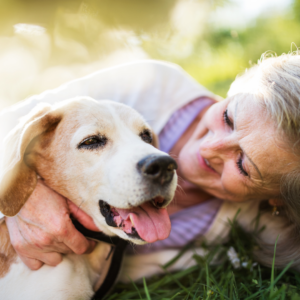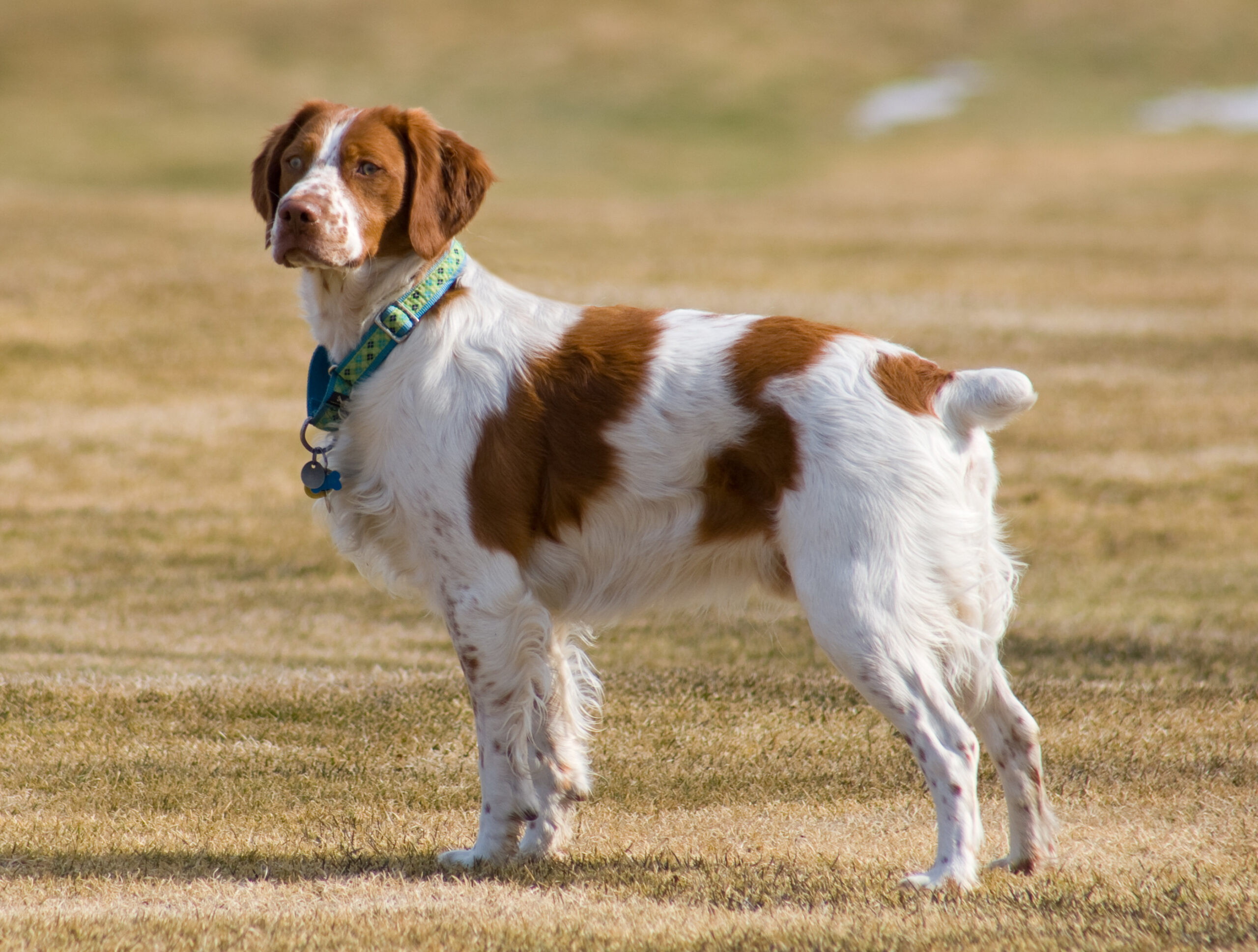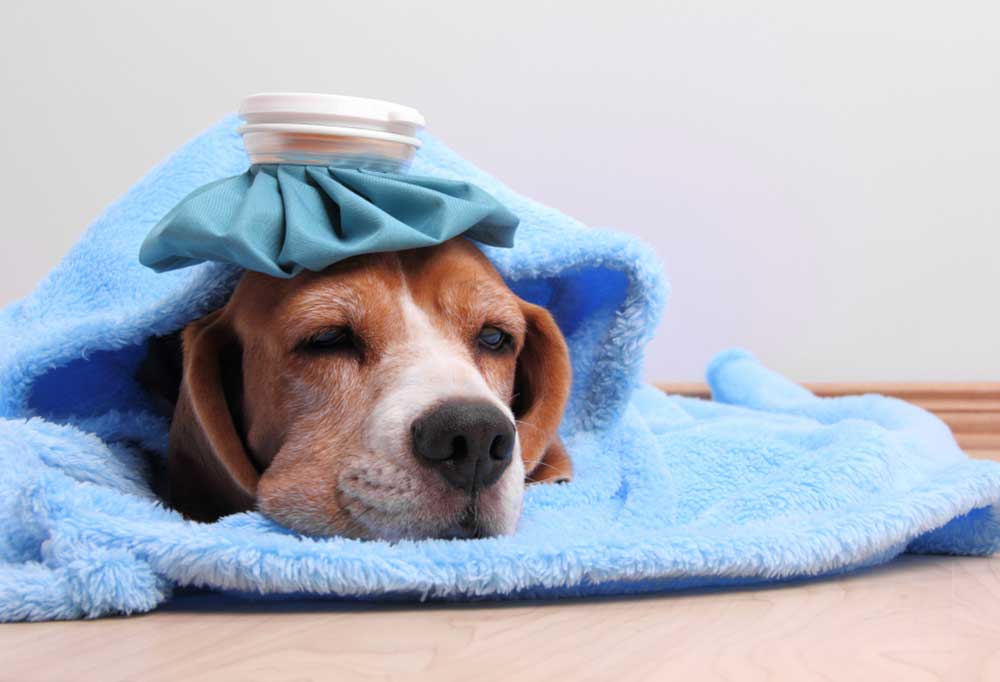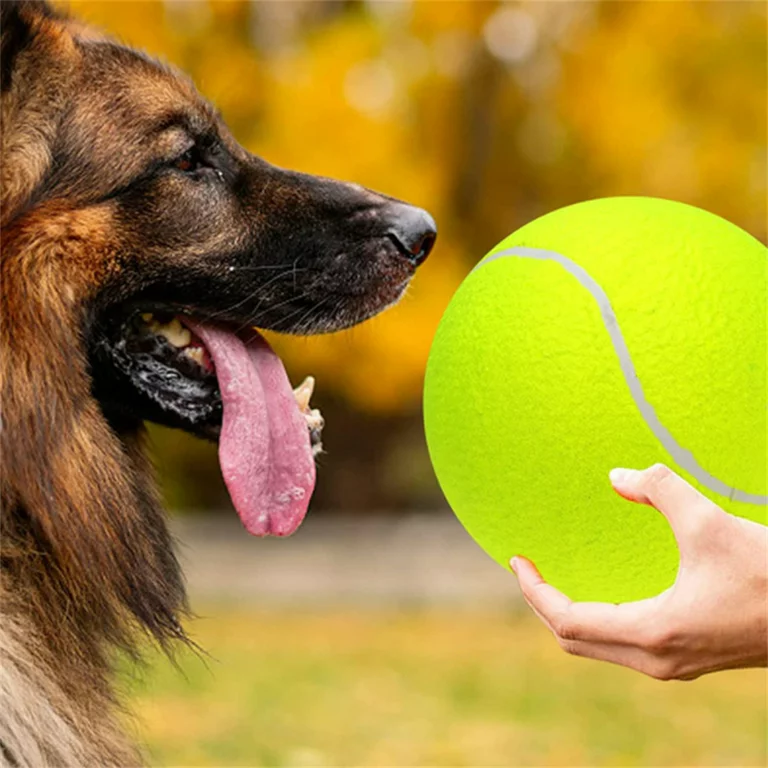How to stop dog from eating poop home remedies Dogs are truly amazing companions, but their tendency to eat poop, known as coprophagia, can be quite distressing for pet owners. Fortunately, there are natural remedies that can help deter this behavior and ensure a happier, healthier life for your furry friend.
- Ensure Proper Nutrition: Sometimes, dogs eat poop due to nutritional deficiencies. Make sure your dog is receiving a balanced diet with all the essential nutrients they need. Consult with your veterinarian to determine if any dietary adjustments are necessary.
- Regular Exercise: Keeping your dog physically active can reduce boredom and anxiety, which are common triggers for coprophagia. Aim for daily walks, playtime, and mental stimulation activities to keep your dog engaged and fulfilled.
- Supervision and Management: When outdoors, keep a close eye on your dog and promptly clean up any feces to prevent access. Consider using a leash or long line during walks to maintain control and prevent scavenging behavior.
- Positive Reinforcement: Use positive reinforcement techniques to reward your dog for desirable behavior, such as ignoring feces or responding to commands. Offer praise, treats, and affection to reinforce good habits.
- Behavioral Training: Work with a professional dog trainer or behaviorist to address any underlying behavioral issues contributing to coprophagia. Training techniques can help modify your dog’s behavior and promote alternative, more appropriate behaviors.
- Additives to Dog Food: Some natural additives, such as pineapple, pumpkin, or commercial products specifically formulated to deter coprophagia, can make feces less appealing to dogs. Consult with your veterinarian before adding any supplements to your dog’s diet.
- Regular Vet Check-ups: Schedule regular veterinary check-ups to rule out any underlying medical conditions that may be contributing to coprophagia. Your vet can provide guidance and recommend appropriate treatment options if necessary.
By implementing these natural remedies and working closely with your veterinarian, you can help discourage your dog from eating poop and ensure they lead a happy, healthy life. Remember, patience and consistency are key when addressing behavioral issues in dogs how to stop dog from eating poop home remedies.

How to Stop a Dog From Eating Poop
If you’re a dog owner, you might be all too familiar with the sight of your furry friend indulging in the less-than-appetizing habit of eating poop. This behavior, known as coprophagia, can certainly be unsettling for pet owners.
But fear not! There are effective strategies you can employ to help curb this behavior and ensure your dog’s well-being. Let’s explore two key approaches:
- Dietary Changes: Sometimes, coprophagia can be linked to nutritional deficiencies. Ensuring your dog’s diet is well-balanced and meets their nutritional needs is crucial. Consider switching to a high-quality dog food that provides adequate nutrients. Additionally, adding certain supplements like digestive enzymes or probiotics may help improve your dog’s digestion and reduce the appeal of feces.
- Behavioral Training: Training and behavior modification techniques can also play a significant role in addressing coprophagia. Positive reinforcement training methods, such as rewarding your dog for leaving feces alone or responding to commands, can be highly effective. Consistency is key – be patient and persistent in reinforcing desired behaviors.
By combining dietary changes with consistent behavioral training, you can effectively discourage your dog from engaging in coprophagia and promote healthier habits. Remember, every dog is unique, so it may take some trial and error to find the approach that works best for your furry friend. With time and patience, you can help your dog overcome this behavior and enjoy a happier, poop-free life how to stop dog from eating poop home remedies!
Walk Your Dog on a Leash
Taking your dog for regular walks on a leash is not only a fundamental aspect of responsible pet ownership but can also help prevent undesirable behaviors like coprophagia, or poop-eating. Here’s how leash walking can assist in managing this behavior:
- Control Over Movements: Keeping your dog leashed during walks allows you to have better control over their movements. This means you can steer them away from areas where they might encounter poop and be tempted to eat it.
- Close Supervision: When walking your dog, pay close attention to their behavior and body language. If you notice them showing interest in sniffing around for poop, gently redirect their attention using treats or toys to distract them.
- Use Commands: Teach your dog obedience commands like “leave it” or “no.” If your dog attempts to eat poop, use these commands in a firm but calm tone to discourage the behavior. Consistent reinforcement of these commands during walks can help your dog understand what is expected of them.
- Provide Mental Stimulation: Ensure that your dog’s walks are not just for exercise but also provide mental stimulation. Engage your dog in activities like sniffing, exploring new environments, and interacting with you to keep their mind engaged and less likely to seek out poop out of boredom.
By incorporating leash walking into your routine and using positive reinforcement techniques, you can help prevent your dog from eating poop and promote healthier behaviors during walks. Remember to be patient and consistent in your training efforts, and always reward your dog for desirable behavior. Happy walking!
Feed Your Dog High-Quality Food
your dog receives a high-quality diet is crucial not only for their overall health but also in curbing the urge to eat poop. Here’s how proper nutrition can help:
- Nutrient-Rich Diet: Opt for high-quality dog foods that are packed with essential nutrients, especially protein. These foods provide the necessary nutrients to keep your dog healthy and satisfied, reducing the likelihood of them seeking out poop as a supplement.
- Avoid Fillers and By-Products: Steer clear of dog foods that contain artificial preservatives, fillers, and by-products. These ingredients can be difficult for your dog to digest and may leave them feeling unsatisfied, prompting them to seek out other sources of nutrition, including poop.
- Natural Supplements: Consider adding natural supplements like probiotics or digestive enzymes to your dog’s diet. These supplements can support digestive health, improve nutrient absorption, and reduce the risk of deficiencies that may lead to coprophagia. Always consult with your vet before introducing new supplements to your dog’s diet.
- Regular Feeding Schedule: Ensure your dog receives regular, balanced meals to prevent feelings of hunger or deprivation. Dogs that are underfed or have irregular feeding schedules may be more inclined to eat poop as a means of satisfying their hunger. Stick to a consistent feeding routine to keep your dog satisfied and less likely to engage in undesirable behaviors.
By prioritizing your dog’s nutritional needs and providing them with a balanced diet, you can help reduce their urge to eat poop and promote their overall well-being. Remember, a healthy diet is key to a happy and thriving pup!
Immediately Pick Up After Your Dog
Keeping your dog from eating poop can be as simple as promptly cleaning up after them. Here’s why it’s important and how to do it effectively:
- Immediate Cleanup: Whenever you take your dog for a walk or allow them to roam in the yard, carry poop bags with you and clean up after them as soon as they’re done. This prevents the poop from becoming a temptation for your dog and reduces the risk of them developing the habit of eating it.
- Prevent Attraction of Other Animals: Leaving poop in the yard or on walks can attract other animals and pests, which can lead to the spread of diseases and parasites. By promptly removing the poop, you help maintain a clean environment and reduce the likelihood of attracting unwanted visitors.
- Hygienic Environment: Regularly cleaning up after your dog not only prevents them from eating poop but also promotes a clean and hygienic living space for both you and your pet. Dispose of the poop bags properly in a trash can or designated disposal bin to prevent odor and contamination.
By making it a habit to clean up after your dog immediately, you can effectively prevent them from eating poop and create a cleaner, safer environment for everyone. Remember, responsible pet ownership includes proper waste management!

Try Adding These to Your Dog’s Diet
Here are some natural supplements you can consider adding to your dog’s diet to deter them from eating poop:
- Pineapple: Pineapple contains bromelain, an enzyme that can help break down proteins in your dog’s food, making their poop less appealing to eat.
- Pumpkin: Rich in fiber, pumpkin can help regulate your dog’s digestive system, reducing the likelihood of nutritional deficiencies that might drive them to eat poop.
- Apple Cider Vinegar: Adding a small amount of apple cider vinegar to your dog’s food can increase stomach acidity, making their poop less palatable.
- Commercial Supplements: There are supplements available that are specifically formulated to discourage coprophagia. These may contain ingredients like yucca, parsley, and chamomile, which promote digestive health and reduce the urge to eat poop.
Before adding any supplements to your dog’s diet, it’s essential to consult with your veterinarian to ensure they are safe and appropriate for your dog’s specific needs. Remember, supplements should complement a balanced diet and regular exercise to support your dog’s overall well-being how to stop dog from eating poop home remedies.
Why Do Dogs Eat Poop?
Dogs eating poop, or coprophagia, can arise from various factors. Let’s explore some common reasons behind this behavior:
- Nutritional Deficiencies: If your dog lacks essential nutrients in their diet, they might resort to eating poop as a means of supplementing their nutritional intake.
- Medical Issues: Certain medical conditions like malabsorption syndromes, pancreatic insufficiency, or the presence of parasites can cause dogs to feel hungry and seek out non-food items such as poop.
- Behavioral Problems: Coprophagia can stem from behavioral issues like boredom, anxiety, or stress. Dogs may also learn this behavior from other dogs or their environment.
- Age-related Factors: Puppies may eat poop as part of their exploration and learning process, while senior dogs may experience changes in their sense of taste and smell, making poop more appealing.
- Breed Predisposition: Some breeds, like Labrador Retrievers, Beagles, and German Shepherds, are more prone to developing coprophagia than others due to genetic or behavioral factors.
Understanding the underlying cause of your dog’s coprophagia is crucial in addressing and correcting this behavior. Consulting with a veterinarian can help identify any medical issues and develop a suitable treatment plan.
Behavioral Reasons Dogs Eat Poop
Behavioral issues often play a significant role in why dogs engage in coprophagia. Here are some behavioral reasons why dogs may eat poop:
- Boredom: Dogs that lack mental and physical stimulation may resort to eating poop as a form of entertainment or to alleviate boredom.
- Attention-Seeking: Some dogs may eat poop as a way to garner attention from their owners, whether it’s through negative reactions or attempts to intervene.
- Anxiety and Stress: Coprophagia can be a coping mechanism for dogs experiencing anxiety or stress. Eating poop may provide temporary relief from their emotional discomfort.
- Cleanliness Instinct: Certain dogs have a strong instinct to maintain a clean environment. They may eat poop to remove waste from their living area, similar to how a mother dog might clean up after her puppies.
- Learned Behavior: Dogs can learn coprophagia from other dogs or from their environment. Once this behavior is established, it can become habitual and challenging to break.
Understanding the underlying behavioral motivations behind coprophagia is crucial for addressing and modifying this behavior. Implementing strategies to provide mental and physical enrichment, addressing any underlying anxiety or stressors, and training alternative behaviors can help discourage dogs from eating poop. Consulting with a professional dog trainer or behaviorist may also be beneficial in developing a tailored behavior modification plan how to stop dog from eating poop home remedies.

Medical Reasons Dogs Eat Poop
Medical issues can also contribute to coprophagia in dogs. Here are some medical reasons why dogs may engage in this behavior:
- Nutritional Deficiencies: Dogs lacking essential nutrients in their diet may turn to eating poop as a way to fulfill their nutritional needs.
- Digestive Problems: Digestive issues like malabsorption syndromes or pancreatic insufficiency can lead to feelings of hunger and cravings for non-food items like poop.
- Parasites: Dogs infested with parasites, such as hookworms or whipworms, may experience increased hunger and develop a strong desire to consume non-food items, including poop.
- Pica Syndrome: Some dogs suffer from pica syndrome, a medical condition characterized by a compulsive urge to eat non-food items like dirt, rocks, or feces.
Identifying and addressing any underlying medical conditions is essential in managing coprophagia in dogs. Consultation with a veterinarian can help diagnose and treat any medical issues contributing to this behavior. Additionally, maintaining a balanced diet, regular parasite control, and appropriate medical management can help reduce the likelihood of coprophagia in dogs with medical issues.
What Should I Do if My Dog Is Eating Cat Poop?
If your dog has developed a habit of eating cat poop, it’s essential to take action to prevent this behavior. Here are some steps you can take to address the problem effectively:
- Keep litter boxes inaccessible: Ensure that your dog cannot access the litter boxes by placing them in areas that are inaccessible to your dog, such as high shelves or rooms with baby gates that your dog cannot pass through.
- Supervise your dog: Whenever your dog is in the same area as the litter boxes, closely supervise their behavior to intervene immediately if they show any interest in the litter box.
- Train your dog: Utilize positive reinforcement training techniques to teach your dog to avoid the litter box area. Reward your dog with treats and praise when they ignore the litter box and exhibit desirable behavior.
- Use deterrents: Employ deterrents to discourage your dog from approaching the litter box. You can use products like covers or hoods for the litter box or invest in commercial deterrent sprays that make cat feces unappealing to dogs.
- Address underlying behavioral issues: If your dog persists in eating cat poop despite your efforts, there may be underlying behavioral issues at play. Seek guidance from a professional dog trainer or behaviorist to address any behavioral problems contributing to this behavior effectively.
By implementing these strategies consistently and addressing any underlying issues, you can help prevent your dog from eating cat poop and promote a healthier and safer environment for both your dog and your cat.
Final Thoughts
Dealing with coprophagia, or the behavior of dogs eating poop, can indeed be quite challenging for pet owners. However, it’s crucial to recognize that this behavior is not unusual, and there are numerous effective strategies available to prevent it.
Ensuring that your dog receives a high-quality diet, regular exercise, and close supervision are essential steps in preventing coprophagia. Additionally, addressing any underlying medical or behavioral issues can significantly contribute to resolving this problem.
If you find it difficult to prevent your dog from eating poop despite your efforts, seeking guidance from your veterinarian is essential. Your vet can help rule out any underlying health concerns and provide tailored advice to address the behavior effectively.
Remember, addressing coprophagia requires patience, consistency, and positive reinforcement. With dedication and the right approach, you can help your dog overcome this behavior and enjoy a healthier and happier life together.



